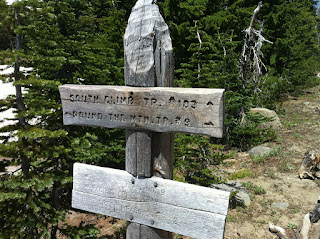I recently returned from presenting at a conference in Poland. After my talk and lovely stay in Kielce, I had the opportunity to travel to Krakow and Auschwitz. WWII and the narratives and stories of Auschwitz and other concentration camps have been a great personal interest of mine given the personal stories I heard from my grandparents who fought or directly experienced the occupation of German and Russian armies. I was quite young when my parents escaped communist Eastern Europe, but I remember vividly the tensions of oppression and marginalization experienced by our family. There were many stories of loss, struggle, pain, fear, anger, and turmoil, but I also vividly remember stories of strength, social support, growth, breakthrough, sacrifice, internal freedom, clarity, and hope. It is this context and the stories of hardiness and resilience found in stories of WWII and especially the unthinkable concentration camps that have drawn me and others to learn more about 'will to meaning' in times of adversity, in times of loss, in times of despair - when we are challenged to face the unthinkable and that which most challenges our being and existence. Below you will find a link that will take you to some images I captured in my visit of Auschwitz-Birkenau.
(click image for pictures)






